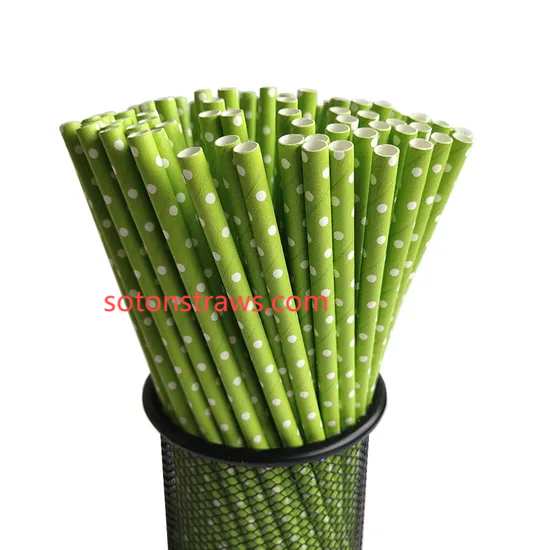As nations legislate against plastic pollution, Paper Straws Manufactory stands at the nexus of ecological responsibility and cultural reinvention. These facilities engineer drinking straws from materials once deemed waste—mulberry bark leftover from textile industries, shredded sugarcane stalks from ethanol plants, or fallen leaves collected from urban parks. Their creations dissolve harmlessly in home compost bins or marine environments, offering solutions for coastal juice bars battling microplastics, mountain resorts preserving alpine ecosystems, and global fast-food chains transitioning to zero-waste models.
The production philosophy behind these hubs revolves around regenerative resource use. Desert-based facilities utilize drought-resistant agave fibers to create sturdy straws, while tropical units process coconut husks into flexible sipping tubes. Closed-loop water systems filter and reuse processing liquids to irrigate on-site bamboo nurseries, and solar dehydrators preserve raw materials without carbon emissions. This symbiotic approach allows factories in flood-prone regions to convert waterlogged rice straw—a common agricultural waste—into waterproof straws treated with plant-based lacquers, simultaneously reducing crop-burning pollution.
Industries worldwide are reimagining hospitality through these innovations. Airlines adopt ultra-lightweight straws made from compressed wildgrass for in-flight beverages, while cinema chains embed wildflower seeds into straw wrappers to promote urban biodiversity. Five-star restaurants collaborate with Paper Straws Manufactory artisans to design edible straws flavored with vanilla or matcha, enhancing desserts while eliminating waste. Disaster relief organizations deploy nutrient-rich straws that double as emergency sustenance in crisis zones, showcasing their versatility beyond mere consumption.
Pioneering advancements integrate environmental storytelling. Straws printed with disappearing ink reveal reforestation pledges when exposed to moisture, while QR codes laser-etched onto surfaces link to virtual tours of sustainable forests. Others feature micro-engraved patterns inspired by endangered coral reefs, sparking conversations about marine conservation. These innovations cement Paper Straws Manufactory as more than manufacturers—they become educators, using everyday objects to weave sustainability into the fabric of modern life.
click www.sotonstraws.com to reading more information



